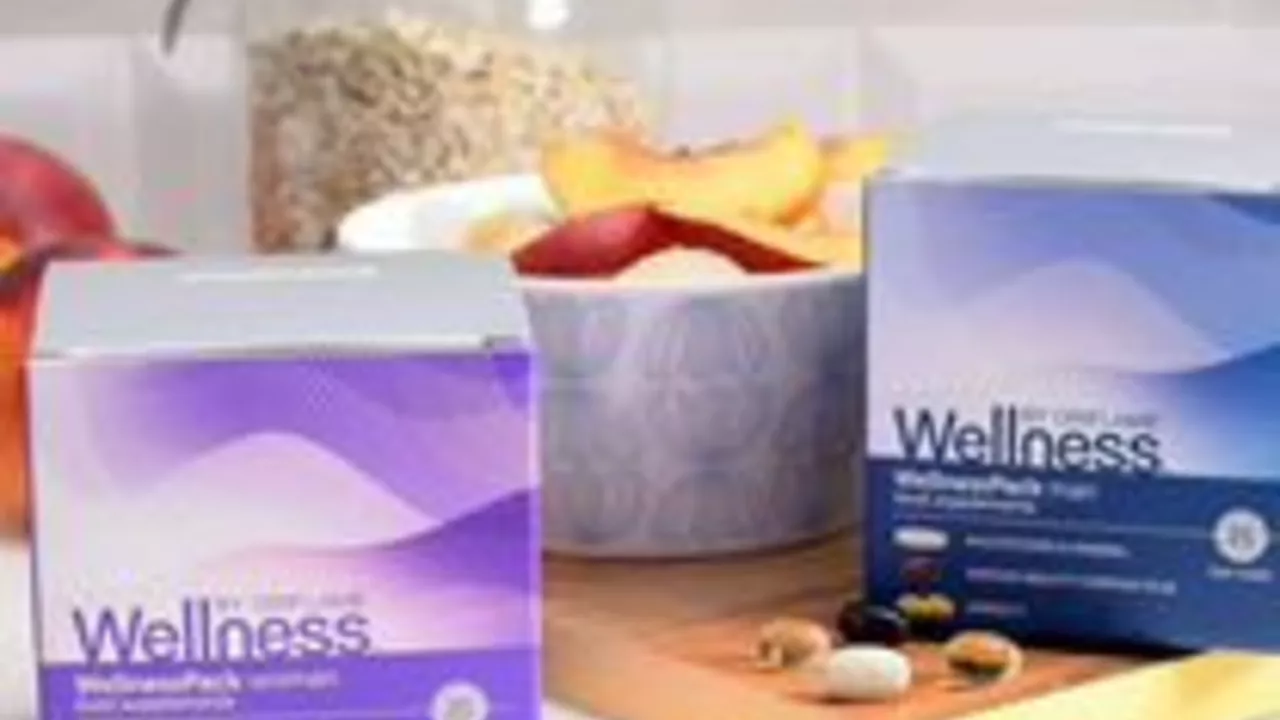Wellness Supplement: How to pick supplements that actually help
Want better sleep, less stress, or a gut that behaves? Supplements can help, but only if you pick the right ones. Many products promise big results but skip testing, clear doses, or safety checks. This page gives fast, practical rules you can use before you buy or take anything.
How to pick a safe supplement
Look for third-party testing seals like USP, NSF, or ConsumerLab on the label. Those mean the bottle contains what it says and isn’t loaded with contaminants. Avoid products that use vague terms like “proprietary blend” without listing ingredient amounts. If there’s no dose listed, or the label promises a miracle, don’t buy it.
Check interactions. If you take prescription meds — especially blood thinners, antidepressants, hormone therapy, or diabetes drugs — ask a pharmacist or doctor first. For example, sleep or mood supplements can affect antidepressants; herbal stimulants can change how other meds work. Bring a full medication list when you ask for advice.
Common picks we cover and what they do
Zizyphus (jujube) is often used for sleep and mild stress. People report calmer nights and easier digestion. Hops, better known for beer, shows promise for sleep and anxiety when taken in measured doses. Newer products like Cade are marketed as broad wellness supplements — read ingredients and testing results before trying them.
Remember: natural doesn’t always mean safe. Herbs can be strong and cause side effects. If an herbal product is recommended in an article, check the original review for evidence, dose, and warnings. Our site covers real examples so you can compare:
- Sleep-focused herbs such as Zizyphus and hops
- Multi-ingredient blends — check each active component
- Supplements that affect hormones or interact with common meds
Start slow and track results. Take one new supplement at a time for at least two weeks so you can spot benefits or side effects. Keep a short diary: dose, time of day, sleep quality, digestion, mood. If you feel worse or notice unexpected effects, stop and check with a clinician.
Buy from trusted sources. Use established pharmacies, well-known retailers, or brands that publish lab tests. Beware of flashy ads on social media and products sold only through influencers without clear sourcing. If price seems unrealistically low, quality is likely low too.
Storage and expiration matter. Keep supplements in a cool, dry place. Check expiration dates and don’t use pills that smell off or look discolored. For capsules and powders, use within the recommended period after opening.
Quick checklist before buying: label with exact doses, third-party test seal, clear ingredient list, known interactions checked, realistic price, and a plan to track effects. If all that checks out, a supplement can be a helpful tool in your wellness routine.
Want deeper reads? Search our site for reviews like Zizyphus, hops, and Cade to see ingredient breakdowns, dosing tips, and safety notes. Use the info—don’t rely on hype.





